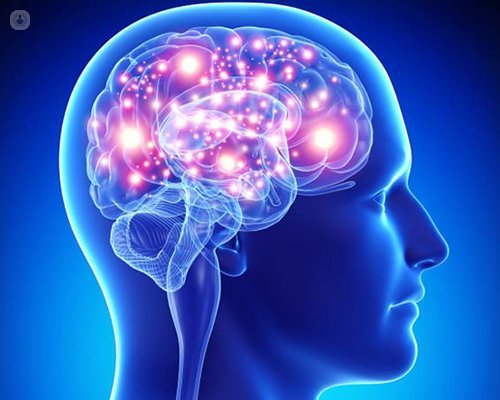
Neurology
Neurology is the branch of medicine that focuses on the diagnosis, treatment, and management of disorders affecting the nervous system, which includes the brain, spinal cord, nerves, and muscles.
Neurologists are physicians who specialize in neurology and are trained to evaluate and care for patients with a wide range of neurological conditions, from common disorders like headaches and seizures to rare neurological diseases and complex neurological emergencies.
Here's a breakdown of neurology and its key components:
1. Neurological Disorders:
Movement Disorders: Neurologists diagnose and manage movement disorders such as Parkinson's disease, essential tremor, dystonia, and Huntington's disease, which affect coordination, muscle control, and voluntary movements.
Epilepsy and Seizure Disorders: Neurologists specialize in the diagnosis and treatment of epilepsy and other seizure disorders, providing comprehensive care including seizure management, medication management, and evaluation for surgical intervention when appropriate.
Stroke and Cerebrovascular Disorders: Neurologists are trained to recognize and manage acute stroke and transient ischemic attacks (TIAs), as well as chronic cerebrovascular conditions such as carotid artery disease, intracranial stenosis and cerebral aneurysms..
Headache Disorders: Neurologists evaluate and treat various headache disorders, including migraines, tension-type headaches, cluster headaches, and trigeminal neuralgia, using a combination of medications, lifestyle modifications, and behavioral therapies.
Neurodegenerative Diseases: Neurologists manage neurodegenerative diseases such as Alzheimer's disease, Parkinson's disease, amyotrophic lateral sclerosis (ALS), and multiple sclerosis (MS), providing symptomatic treatment and disease-modifying therapies to slow disease progression and improve quality of life.
Neuromuscular Disorders: Neurologists diagnose and treat neuromuscular disorders affecting the nerves and muscles including peripheral neuropathy, myasthenia gravis, muscular dystrophy, and motor neuron diseases.
Neuroimmunology: Neurologists specialize in neuroimmunological disorders such as multiple sclerosis, neuromyelitis optica, and autoimmune encephalitis, which involve immune-mediated attacks on the nervous system. Neuro-Oncology: Neurologists collaborate with neurosurgeons, oncologists, and other specialists to diagnose and manage primary and metastatic brain tumors, spinal cord tumors, and neurological complications of cancer.
2. Diagnostic Techniques:
Neurologists use a variety of diagnostic tools and techniques to evaluate neurological conditions, including:
Neurological examinations to assess reflexes, coordination, sensation, and cognitive function. Neuroimaging studies such as magnetic resonance imaging (MRI), computed tomography (CT), and positron emission tomography (PET) scans to visualize the structure and function of the brain and spinal cord.
Electrophysiological tests including electromyography (EMG), nerve conduction studies (NCS), electroencephalography (EEG), and evoked potentials to assess the electrical activity of the nervous system and diagnose nerve and muscle disorders.Lumbar puncture (spinal tap) to analyze cerebrospinal fluid (CSF) for signs of infection, inflammation, or other abnormalities.
3. Treatment Modalities:
Neurologists develop individualized treatment plans tailored to each patient's specific condition, symptoms, and needs.
Treatment modalities may include: Medications to manage symptoms, control seizures, prevent migraines, and slow disease progression.
Rehabilitation therapies such as physical therapy, occupational therapy, and speech therapy to improve mobility, function, and quality of life.
Minimally invasive procedures such as nerve blocks, botulinum toxin injections, and deep brain stimulation (DBS) for the treatment of chronic pain, movement disorders, and spasticity.
Surgical interventions such as brain surgery, spinal surgery, and neurovascular interventions for the treatment of tumors, epilepsy, vascular malformations, and other neurological conditions.
Lifestyle modifications including diet, exercise, stress management, and sleep hygiene to optimize neurological health and well-being.
4. Research and Advancements:
Neurology is a rapidly evolving field with ongoing research and advancements in understanding the underlying mechanisms of neurological diseases, developing novel treatments and therapies, and improving patient outcomes.
Neurologists are actively involved in clinical research, translational research, and basic science research to advance knowledge in neurology and develop innovative approaches to diagnosis, treatment, and prevention of neurological disorders.Overall, neurology plays a crucial role in diagnosing and managing disorders of the nervous system, improving patient outcomes, and enhancing quality of life for individuals affected by neurological conditions. The interdisciplinary nature of neurology involves collaboration with other medical specialties, allied health. professionals, and researchers to provide comprehensive, multidisciplinary care for patients with complex neurological needs.